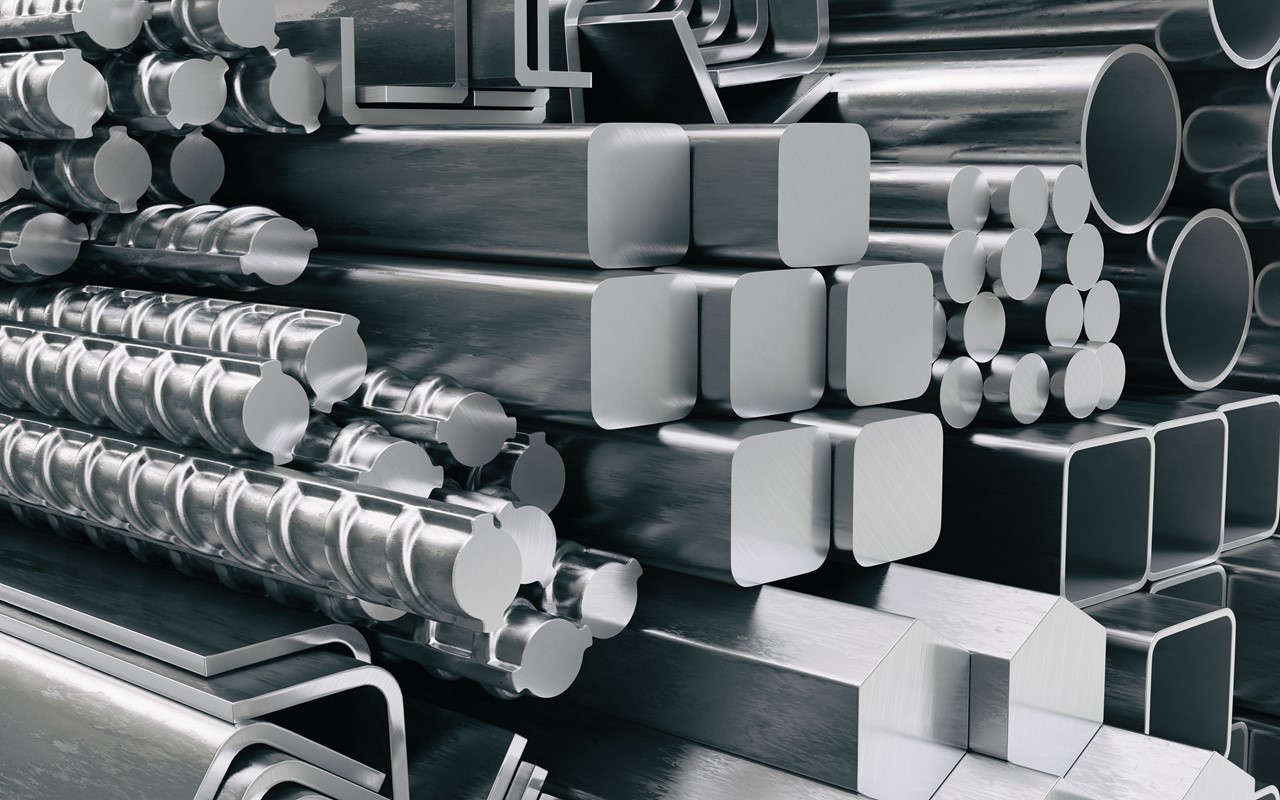The term ‘precious metal’ typically brings to mind gold, silver, and platinum – but what about aluminum? Is aluminum considered a precious metal or simply an industrial commodity? While aluminum is not generally included in the list of precious metals, it still has excellent value and is used in various applications.
Is Aluminum a Precious Metal?
No, Aluminum is not precious metal. Nine precious metals are iridium, rhenium, ruthenium, rhodium, palladium, osmium, platinum, silver, and gold. Aluminum does not have high commodity price levels, such as precious metals.
Aluminum was once considered a precious metal due to its rarity and difficulty in extraction. Before the development of efficient extraction methods in the late 19th century, aluminum was more valuable than gold. It was used in luxury goods and decorative objects due to its rarity and unique appearance. However, with the development of the Hall-Héroult process in 1886, aluminum became more readily available, and its price dropped significantly, making it more widely used in various applications.

Aluminum is one of the most abundant elements in the Earth’s crust, making up around 8% by weight. Hans Christian Oersted first discovered it in 1825, but it wasn’t until 1886 that Charles Martin Hall and Paul Louis Toussaint Héroult were able to separate it from its compound form. Since then, aluminum has been used for thousands of different applications – from cans to aircraft – due to its strength, lightweight and low cost.
Aluminum features:
- Lightweight: Aluminum is one of the lightest metals, making it ideal for use in applications where weight is a concern.
- Strength: Although lightweight, aluminum has a high strength-to-weight ratio, making it suitable for structural applications.
- Corrosion resistance: Aluminum has excellent corrosion resistance, making it suitable for harsh environments.
- Electrical conductivity: Aluminum has good electrical conductivity, making it useful in electrical applications.
- Thermal conductivity: Aluminum has a high thermal conductivity, making it useful in heat transfer applications.
- Recyclability: Aluminum is highly recyclable, making it an environmentally friendly material.
- Ductility: Aluminum is ductile, making it easy to form and shape into various products.
- Reflectivity: Aluminum has high reflectivity, making it useful for reflective surfaces in lighting and thermal applications.
Despite being the most plentiful metal on earth, aluminum still holds it compared to other, more traditional precious metals like gold or silver. For instance, aluminum has greater malleability than silver and higher durability than gold. Additionally, its conductivity capabilities are similar to those found in copper and brass alloys which are also considered precious metals. This makes aluminum an ideal choice for engineers who need a solid yet lightweight metal that can be easily molded or shaped into different forms while maintaining excellent electrical properties.
Furthermore, because of how abundant it is on our planet, Aluminum is much more affordable than other precious metals like gold or platinum, meaning that it can be used for many purposes without breaking the bank. In addition to this cost-benefit, Aluminum has a lower melting point than other metals, making it easier to work with during manufacturing processes such as welding or casting. Lastly, Aluminum does not corrode over time, so it does not require the same type of maintenance as many other materials do when exposed to harsh weather conditions or chemicals.
Overall, while Aluminum may not fit into the traditional definition of ‘precious metal,’ its various properties make it highly valuable in many essential applications from food packaging to construction materials. Therefore, we can see that although Aluminum may not be considered a traditional precious metal, its versatility and affordability make it equally as valuable as any other metal out there today.
If you like bills and coins, you should learn more about Gold and Silver IRAs. You can protect your retirement fund if you invest in IRA precious metals. Investors with gold IRAs can hold physical metals such as bullion or coins. Get a free pdf about Gold IRA.
GET GOLD IRA GUIDE
If you do not want to own them in physical form precious metals, you can trade gold, silver, and metals as CFD with the minimum commission:
























